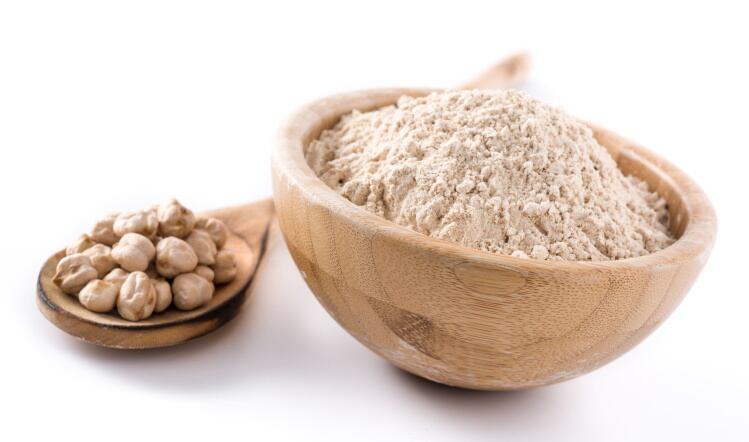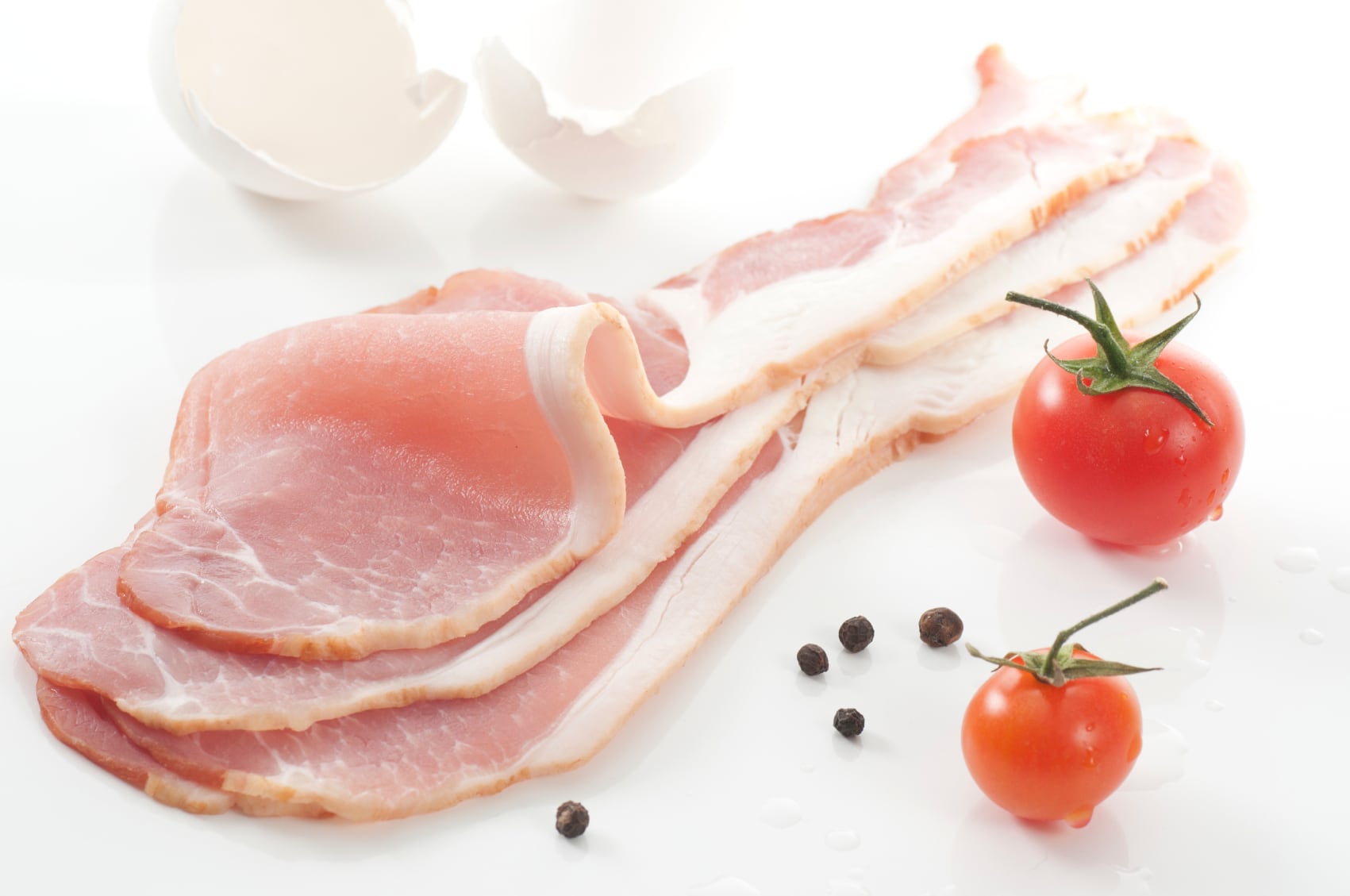Acrylamide forms when foods such as bread, chips, crisps, roast potatoes or coffee are baked or cooked in other ways at high temperatures. Its presence is increased during the toasting process – the general rule being the darker the toast, the more of the compound it contains.
However, a Rothamsted Research-led team with colleagues from the University of Bristol have used genome editing techniques to develop a type of wheat less likely to produce acrylamide when baked.
The researchers are now preparing an application to the UK Government to run a field trial of the new wheat, starting this autumn. According to project leader Professor Nigel Halford, this would be the first such trial of genome edited wheat to be carried out in Europe.
Serious problem
Acrylamide, classed by the International Agency for Research on Cancer as a ‘probable human carcinogen’, was discovered in food in 2002. Since then it had been ‘a very serious problem for food manufacturers’, said Halford.
Halford said: “A number of methods for reducing acrylamide in food products by changing processing methods have been developed. Some have been successful, but they are not applicable to all food types, are often expensive to implement and may have detrimental effects on product quality.
“The food industry would therefore benefit from the availability of raw materials with lower acrylamide-forming potential, and the determining factor for acrylamide formation in products made from wheat and rye grains, and probably those of other cereals, is the concentration of soluble (non-protein) asparagine.”
Good news
Sarah Raffan, who has just completed a PhD project to make and analyse the low-asparagine wheat and who will be the lead researcher on the field trial said: “We’ve used genome editing to reduce the amount of the amino acid, asparagine, in the grain.
“It’s the asparagine that is converted to acrylamide during baking and toasting, so a low asparagine wheat should lead to lower levels of acrylamide, which is good news for anyone who likes their toast well done.”
Halford emphasized that the wheat is still experimental: “It is essential that we test the wheat in field trials to see how it performs, not only in terms of asparagine concentration but also yield, protein content and other quality and agronomic traits. If it comes through the field trial well it could be made available to wheat breeders.
“Even so, it would be another five to 10 years before very low asparagine wheat could appear on the market, and that would only be if the regulatory framework were conducive.”




